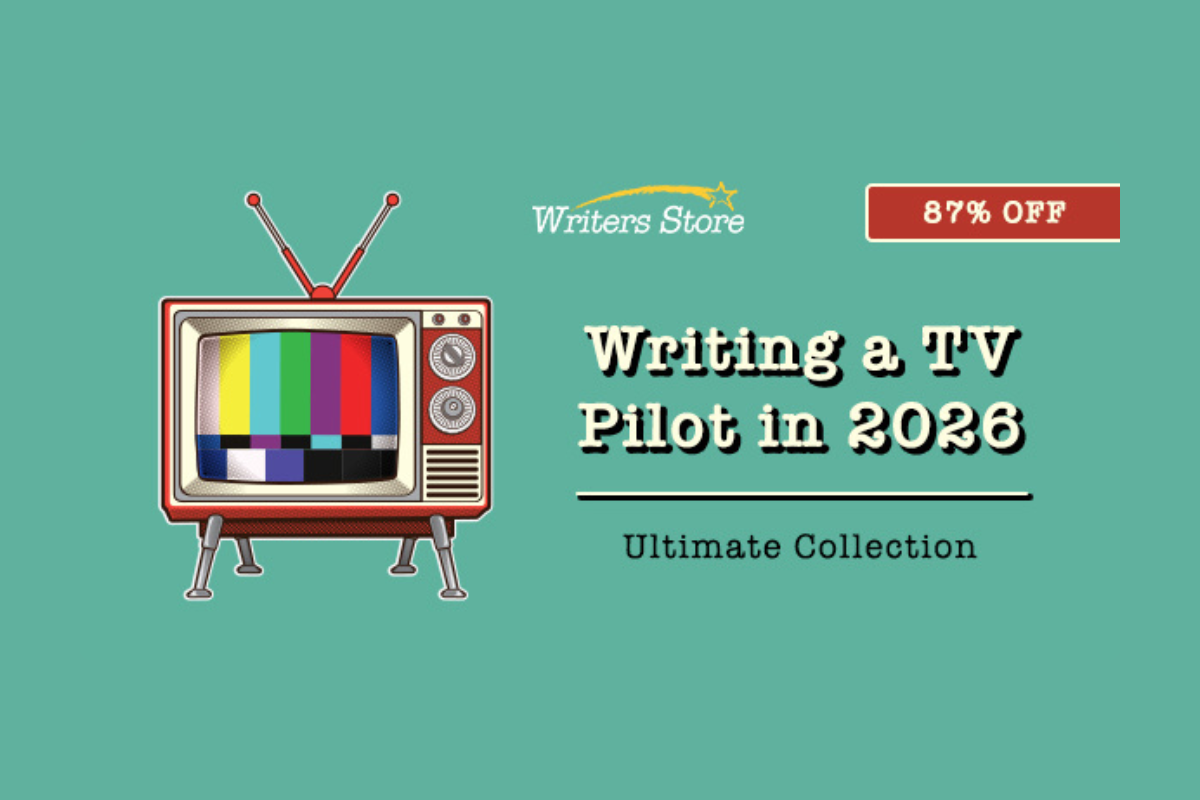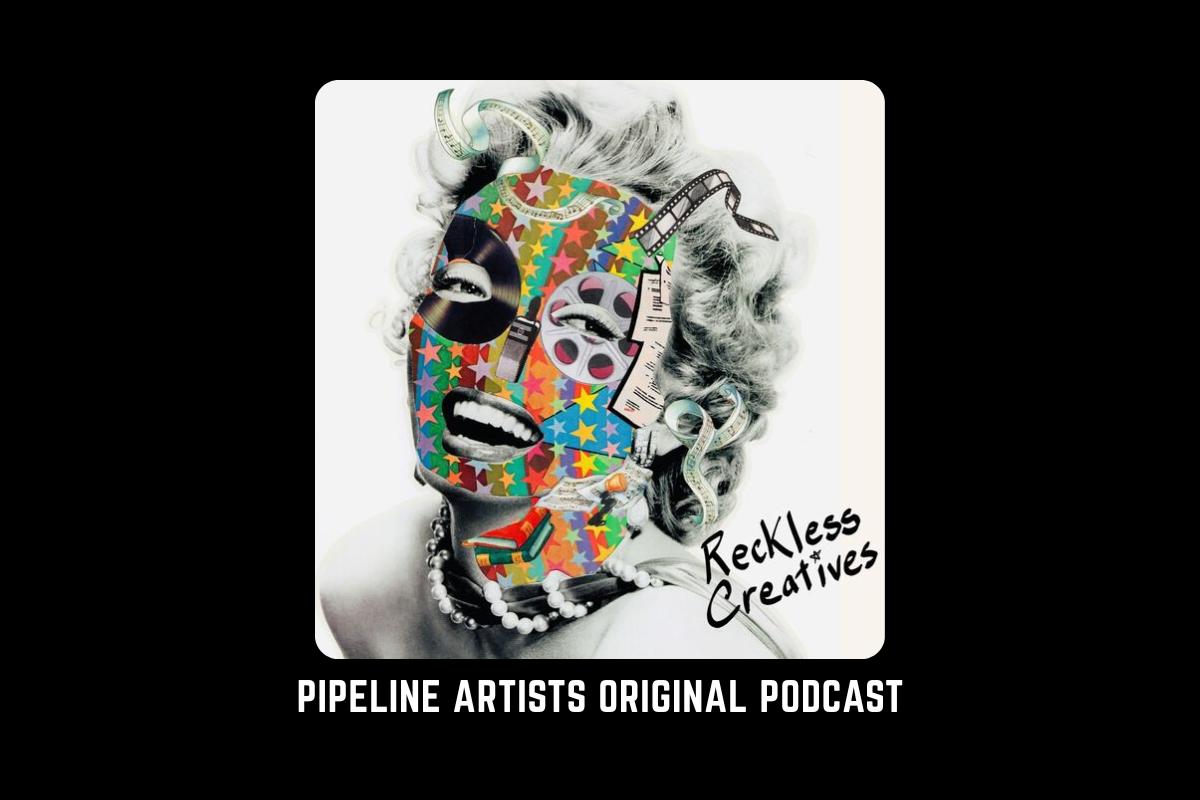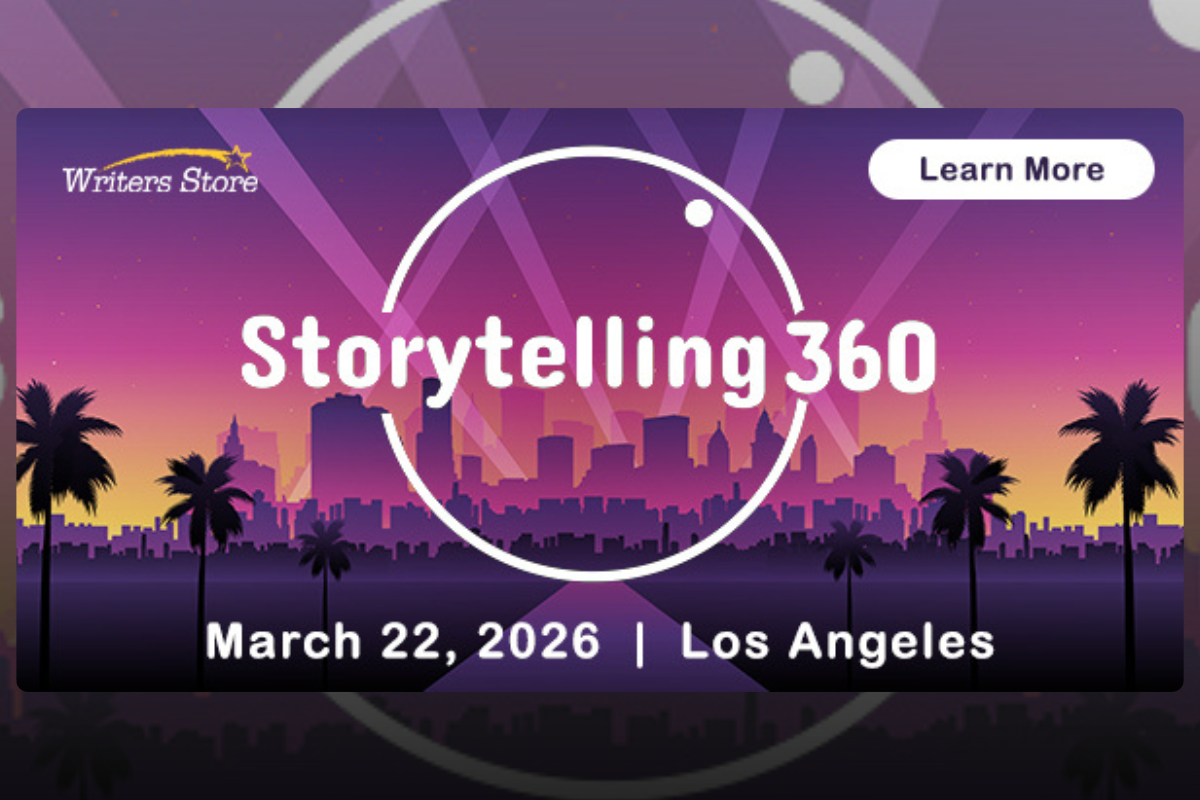Screenwriter and Novelist Stephen Chbosky: Rebel with a Cause
Fate. It’s what brought Stephen Chbosky together with screenwriting legend and instructor, Stewart Stern. Born and raised in Upper St. Clair, a suburb of Pittsburgh, Chbosky was a bit of…
Fate. It’s what brought Stephen Chbosky together with screenwriting legend and instructor, Stewart Stern. Born and raised in Upper St. Clair, a suburb of Pittsburgh, Chbosky was a bit of an outcast growing up, heavily influenced by the works of J.D. Salinger, F. Scott Fitzgerald, and Tennessee Williams. But it was Stern’s master work, Rebel Without a Cause, that especially rang true.
Nearing the end of his high school days, while Stern was guest speaking at the USC Film School, Chbosky came in for a visit and attended the lecture. Recalls Chbosky, “I was so impressed by him that I just said to myself, ‘If this man is teaching at this school, I’m going to this school.’”
Chbosky stayed true to his word. He attended USC Film School; however, shortly after his arrival, Stern suffered a severe heart attack. While in recovery, Chbosky sent Stern an anonymous mix tape and letter that simply said, “I just want you to know that you changed my life.”
Since then, the two have formed an inseparable bond. Stern became a screenwriting mentor and friend. He gave Chbosky and his wife an original page from his hand written script of Rebel Without a Cause as a wedding present and was the first person to read Chbosky’s highly anticipated adaptation, The Perks of Being a Wallflower.
Today, The Perks of Being a Wallflower comes to the big screen. Starring Emma Watson, Logan Lerman, and Ezra Miller, the film is a traditional coming-of-age story about three high school outcasts trying to find their way in life. Modern day rebels without a cause.
And so it goes, from one generation to another and the joys and heartache of our youth, The Perks of Being a Wallflower stands as the perfect tribute.
SM: Where did your love for film begin?
SC: Like the rest of my generation, I loved Star Wars. The Bad News Bears. Meatballs. Everything on HBO. I just ate it up. I remember when I was 12 years old, I told my Dad I wanted to be a writer. And he said, ‘That’s great. Great writers are great readers.’ But I didn’t read anything (laughs). I watched HBO nonstop and that’s really where my love for film began.
SM: What convinced you to go to screenwriting school?
SC: While I was in high school, I had applied to several schools and was visiting each of them. USC happened to be one of them. And on the day that I visited, as fate would have it, Stewart Stern was giving a lecture. Stewart wrote Rebel Without a Cause,Rachel, Rachel,The Ugly American, etc., he’s been nominated for 3 Oscars, won an Emmy, etc. He’s an amazing writer. And he was telling all of these great stories, i.e. when I was traveling with Brando, when I met James Dean, when I worked with Sally Field on Sybil, etc.
I was so impressed by him that I just said to myself, ‘If this man is teaching at this school, I’m going to this school.’
When I arrived at USC, at some point during my first semester, Stewart suffered a massive heart attack. And as he was recovering, I wrote him a letter and made him a mix tape. But I didn’t sign the letter because I didn’t want him to think I was using the opportunity to gain faith or get an agent or anything like that. I just wanted to let him know he changed my life.
It took him a year to a year and a half to figure out that it was me who wrote the letter. And he’s been my hero and mentor ever since.
SM: What did you learn from him?
SC: Stewart has so much empathy for his characters and his students. He taught me about going deeper inside the character and doing research. He taught me about mining your own life for details and making things emotionally authentic.
Now, those are some generalities. But if you ever met him, you would see that it’s not about some piece of advice he gives. He reads you like a book. And he is always encouraging.
I remember on an early screenplay I wrote right out of college, he said: “Well, it’s very nice, but I don’t think you understand your characters yet.” At the time, I didn’t get it. But I would take his advice, think about it, and sure enough, by the time I wrote my next one, I knew exactly what he meant.
SM: How would you summarize The Perks of Being a Wallflower?
SC: The Perks of Being a Wallflower is a very traditional, coming-of-age story, book, and movie about a freshman who enters high school and experiences all of the first kisses, first crushes, first parties, that perfect drive to the perfect song, etc. with the friends who get him through. It’s about a boy who starts off being very shy and learns to participate over the course of a year. And by the end, he is set free.
SM: How did your personal experiences translate into the film?
SC: There were certain years I remembered very well. I remember in 7th grade, I was painfully shy and didn’t venture out of my shell very often, even though I desperately wanted to. I remember my junior year in high school because it was when I realized that all of the girls were in musicals and it would be a smart idea to audition for all of them. It’s how I got to be part of the art crowd.
I loved The Rocky Horror Picture Show growing up and put it in the movie and the book. And I included countless details from growing up in Pittsburgh.
But I was always the kid that girls felt safe around and could tell things to as a friend. I would listen and hear their confessions and the things they were going through. And over the years, noticed patterns. So, when it came time to write Sam, even though she was originally inspired by someone I knew, she became an amalgamate and a celebration of all the girls that I was friends with back then.
Patrick became a celebration of all the kids I knew who were gay and finding their way to their own identity. And Charlie was just an expression of how I felt deep in my heart - observing everyone and everything and really just wanting everyone to be happy.
SM: Why did you choose to convey the story through a series of letters (epistolary) rather than a traditional narrative?
SC: I chose the letters because I felt it was the most intimate way I could talk to a reader. When you write a letter to somebody, it’s direct communication. And I was very interested in direct communication because I wanted the story to feel intimate.
Beyond that, letters provided me with a real freedom to convey the highs and lows of being young. We all remember being a teenager. One day, you’re on top of the world and you’ve had the greatest of times. Then, three weeks later, you’re terribly depressed. So, by having letters, I could do all of that and still make it one, cohesive story.
SM: When I think of letters, I automatically think of voice-overs. How difficult was it to translate a series of letters into a series of actions?
It was the most challenging and ultimately, the most rewarding writing experience I’ve ever had. By far, the most difficult thing I’ve ever had to write because they are completely different points of view. With an epistolary novel, you can’t get any more subjective than that; whereas a movie, by nature, is inherently objective.
So, I had to identify all of the emotional beats that I wanted to hit. And ask myself what picture was worth a thousand words. I had to figure out, for example, if Charlie said Sam was really nice (in the book), the actions that would convey those qualities to the audience.
My hope was that if I did my job right, everybody in the audience would feel as Charlie felt within the pages of my book. That they would fall in love with all of these characters and go along on this roller coaster ride, exactly the way Charlie lays it out for us in the narrative.
SM: How are your processes for scriptwriting and novel writing different?
SC: The nature of the two art forms is very different. Novels just pour out of you. Yes, you have an idea of where the story is going to go. But if you have a two page tangent on something a character is thinking or some other detail you want to explore, you have the freedom to do it. And once you’ve written it and you feel like it’s well written, you’re done. You don’t have to cast it, you don’t have to shoot it, you don’t have to edit it or put music to it, etc. Because of that, it’s a very comprehensive process; one that flows very easily.
Screenplays, on the other hand, are very deliberate and incredibly precise because you don’t have time to go off into those details. Instead of all those details or that two page tangent, you have to find the perfect picture. You have to find a way to convey the essence of a character within a half of a page. And that precision was really hard to do with Perks.
As an example, over the course of the book, it deals with Christmas. And it takes a long time. You meet his friend in Ohio, you feel closer to his father, you learn a lot more about Aunt Helen, and you learn more about his brother who comes back from Penn State. Ultimately, he has a difficult time remembering his birthday, gets back to New Year’s Eve, and takes LSD - that whole section takes about 45-50 pages.
In the movie, I needed to get some stuff out about Aunt Helen and about his brother, but I needed find the perfect way to get from Christmas to New Year’s. And I didn’t have 30 pages to do it. But what I did have was movie language. And I thought, how wonderful would it be to show him taking communion like a good Catholic at Christmas? He takes a communion wafer to his mouth and then when he takes his hand away, you see that what was a communion wafer is now a tab of acid and he’s at a New Year’s party.
That little match cut said more to me about Charlie’s corruption and his exploration than any 30 page tangent in the book could ever say. It was the power of movies. And I had a great time trying to find those types of solutions.
I’m very proud of that moment.
SM: Did you envision anyone in particular for the lead roles as you were writing the novel/screenplay? And what did Logan, Emma, and Ezra bring to their characters that made them the right fit?
SC: When I was writing the screenplay, all I had in my mind was my own history and the novel itself. I didn’t write with anybody in mind. I wanted to be authentic to the characters. Then, once I had the screenplay, I really understood what I needed to go out and find.
Regarding Emma, I remember seeing her in Harry Potter and the Goblet of Fire. And the scene with Daniel Radcliffe in front of the staircase just broke my heart. She was so vulnerable and so terrific in that scene. Watching her develop over the years, I just kept thinking, ‘gosh, this girl keeps getting better and better.’
So, I was really excited by her burgeoning talent and when I met her in New York, I saw a kindred spirit, i.e. someone who felt very vulnerable and lonely in the eye of that hurricane, somebody who was desperate to make connections and make friends and go outside of what she had known as Hermione, both on and off the screen. And I just loved that kid.
I knew that she would do a great job because she was a good singer. I knew she would pull off the accent beautifully and she did. I just had faith in her and she did a great job. I didn’t even audition her. Didn’t need to. She was great.
Regarding Logan, I auditioned two people for Charlie. And he was the second one. After Logan, after about 5-10 seconds, I didn’t need to audition anybody else because sometimes, you just know. When you know the characters that well, you know what you’re looking for. And Logan has this ability to be awkward and cute, funny and sad, but never a victim. He has the ability to thread the needle unlike anyone I’ve ever seen. And he played the complexity of the character brilliantly.
As for Ezra, he is a force of nature. He’s somebody I’ve known since City Island. My wife, way back when we were watching the movie with Andy Garcia and Julianna Margulies (Ezra plays the son), said to me: ‘That kid could be Patrick.’ But I remember thinking, ‘Oh yeah, he’s great. He would be perfect, but he’s too young. I don’t think it would work.’
Later on, Lianne Halfon (one of my producers) came to me one day and was really excited. She said, ‘We found someone really special. Someone perfect for Patrick. His name is Ezra Miller.’ And I said, ‘The City Island kid? Really? Is he old enough?’
But I saw his audition and thought he was great. I did a call back over Skype and we cast him within 5 hours of that Skype call back. He just has this sense of freedom, a sense of danger, and also, a real warmth.
On the surface, those three guys are very different people and yet, when you put them together, it’s really magical. Logan and Emma grew up on set and have been professionals almost all of their lives whereas Ezra is more of a wild card. He brought out the freedom and they brought out the discipline. Three tremendous actors.
SM: Wallflower has been banned in several schools, it appeared on the American Library Association’s 2006 and 2008 lists of most frequently challenged books, and was originally rated R by the MPAA before being reduced to PG-13. What are your thoughts on the controversy? And how much of your vision did you have to sacrifice to make the film more accessible to the audience for which the film depicts?
SC: Over the last 10 years, people have asked me if I wear it as a badge of honor, i.e. that the book has been banned. And I honestly don’t. I wrote the book for personal reasons. But when you publish a book, in part, to comfort or in some way, make people feel like they’re not alone, it’s discouraging when all people want to do is shut it up.
Now, in everybody’s defense, I was raised Catholic. I understand religious conviction and moral conviction. And if any family’s child was forced to read Perks to their objection, I would have a lot of trouble with that. But at the same time, I think that it’s just good manners to not ask or expect everyone else to abide by your beliefs of what is right and wrong.
As far as the rating is concerned, I knew that with the exception of the banned school districts and townships across the country, any 13-16 year old, for the most part, could get the book from the library at their school or their town. And I wanted kids to have the same access to the movie.
So, at a very early stage, I studied all the movies that were PG-13 or PG that pushed the envelope and talked about real issues in a real way. And didn’t need the extra freedom that being rated R allows you. I’m talking about Dead Poet’s Society, Harold & Maude, and Rebel Without a Cause. Juno was a recent one that did a great job. And The Social Network.
So, I studied these movies and realized what the general rules were. And luckily, I didn’t have to compromise anything. I could talk about everything I wanted to talk about within those rules.
However, the one thing that I chose to eliminate, and it had nothing to do with ratings, was smoking. There’s a lot of cigarette smoking in the book. But I got rid of all of it for the movie.
I smoked for almost 20 years and I wouldn’t have felt right because I remember when I was younger and had recently quit. But then I saw Christian Slater smoke in Heathers or Pump Up the Volume and he looked so cool doing it that I picked it up again. And I didn’t stop for another 17 years.
SM: In the film, Patrick says to Charlie, “This is what fun looks like.” What did fun look like when you were in high school? And more importantly, what does fun look like now?
SC: When I was in high school, any party, any drive, or any dance where there was crazy music was fun. It was also fun when you were in high school musicals because the girls always loved to hug you. I say that unabashedly (laughs).
Today, there’s nothing more fun than hanging out with my three and a half week old daughter, Maccie Margaret. And it’s funny because everyone told me (since she’s our first): Get ready to fall in love at first sight.
I knew they were telling the truth, but until you actually experience it, you don’t really know what that means. But I can tell you that I do now. When she’s crying or it’s time for a diaper change, I don’t care. I just love being with those two ladies. It’s simply the best!
Learn How to Turn a Book Into a Movie with our FREE Download on Tips for Acquiring Book Rights and Writing an Adaptation
Top screenwriting and film publication, founded in 1989, published by Active Interest Media. Twitter: @scriptmag







